Filter by
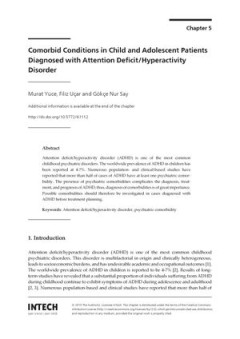
Comorbid Conditions in Child and Adolescent Patients Diagnosed with Attention…
Attention deficit/hyperactivity disorder (ADHD) is one of the most common childhood psychiatric disorders. The worldwide prevalence of ADHD in children has been reported at 4-7%. Numerous population- and clinical-based studies have reported that more than half of cases of ADHD have at least one psychiatric comorbidity. The presence of psychiatric comorbidities complicates the diagnosis, treatme…
- Edition
- -
- ISBN/ISSN
- 9789535121664
- Collation
- -
- Series Title
- -
- Call Number
- -
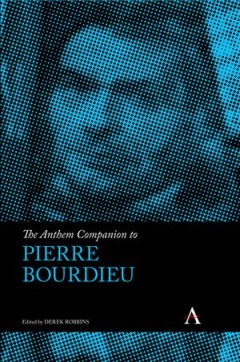
The Anthem Companion to Pierre Bourdieu
The Anthem Companion to Pierre Bourdieu' provides an introduction to the French sociologist’s thought and an evaluation of the international significance of his work from a range of national perspectives. The contributions in the companion investigate the applicability of Bourdieu’s theories and concepts in diverse sociopolitical contexts and consider the ways they can be said to possess un…
- Edition
- -
- ISBN/ISSN
- 9781783085613
- Collation
- -
- Series Title
- -
- Call Number
- 300 ANT a
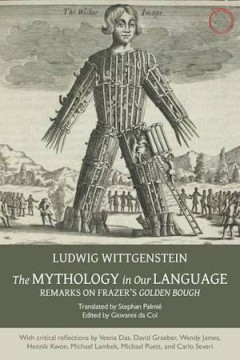
The Mythology in Our Language: Remarks on Frazer's Golden Bough
In 1931 Ludwig Wittgenstein wrote his famous Remarks on Frazer's “Golden Bough.". At that time, anthropology and philosophy were in close contact—continental thinkers drew heavily on anthropology's theoretical terms, like mana, taboo, and potlatch, in order to help them explore the limits of human belief and imagination. Now the book receives its first translation by an anthropolog…
- Edition
- -
- ISBN/ISSN
- 9780990505068
- Collation
- -
- Series Title
- -
- Call Number
- 301 WIT m
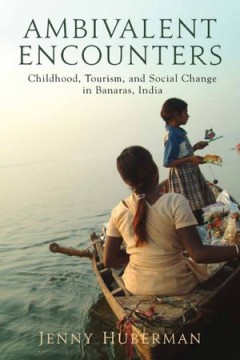
Ambivalent Encounters: Childhood, Tourism, and Social Change in Banaras, India
Jenny Huberman provides an ethnographic study of encounters between western tourists and the children who work as unlicensed peddlers and guides along the riverfront city of Banaras, India. She examines how and why these children elicit such powerful reactions from western tourists and locals in their community as well as how the children themselves experience their work and render it meaningfu…
- Edition
- -
- ISBN/ISSN
- 9780813554075
- Collation
- -
- Series Title
- -
- Call Number
- 300
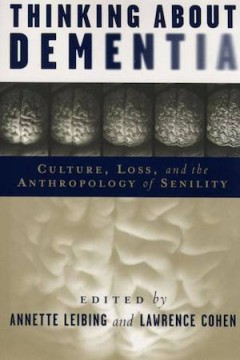
Thinking About Dementia: Culture, Loss, and the Anthropology of Senility
Bringing together essays by nineteen respected scholars, this volume approaches dementia from a variety of angles, exploring its historical, psychological, and philosophical implications. The authors employ a cross-cultural perspective that is based on ethnographic fieldwork and focuses on questions of age, mind, voice, self, loss, temporality, memory, and affect. Taken together, the essays mak…
- Edition
- -
- ISBN/ISSN
- 9780813538020
- Collation
- -
- Series Title
- -
- Call Number
- 300
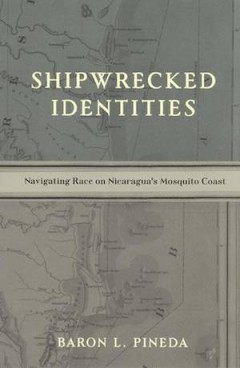
'Shipwrecked Identities: Navigating Race on Nicaragua's Mosquito Coast
Global identity politics rest heavily on notions of ethnicity and authenticity. In contemporary Latin America there is a resurgence of indigenous claims for cultural and political autonomy and for the benefits of economic development. Yet these identities have often been taken for granted. In this historical ethnography, Baron Pineda traces the history of the port town of Bilwi, now known offic…
- Edition
- -
- ISBN/ISSN
- 9780813538136
- Collation
- -
- Series Title
- -
- Call Number
- 300
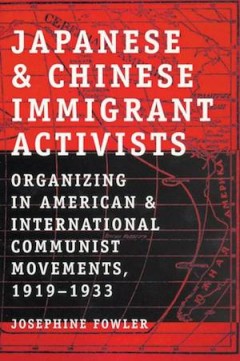
Japanese and Chinese Immigrant Activists : Organizing in American and Interna…
Japanese and Chinese immigrants in the United States have traditionally been characterized as hard workers who are hesitant to involve themselves in labor disputes or radical activism. How then does one explain the labor and Communist organizations in the Asian immigrant communities that existed from coast to coast between 1919 and 1933? Their organizers and members have been, until now, largel…
- Edition
- -
- ISBN/ISSN
- 9780813540405
- Collation
- -
- Series Title
- -
- Call Number
- 300
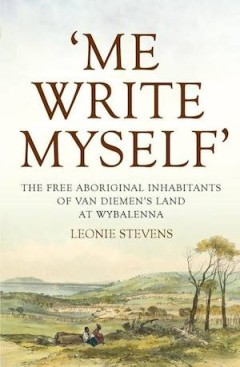
Me Write Myself": The Free Aboriginal Inhabitants of Van Diemen's Land at Wyb…
Exiles, lost souls, remnants of a dying race ... The fate of the First Nations peoples of Van Diemens Land is one of the most infamous chapters in Australian history. The men, women and children exiled to Flinders Island in the 1830s and 40s have often been written about, but never allowed to speak for themselves. This book aims to change that. Documents penned by the exiles during their 15 yea…
- Edition
- -
- ISBN/ISSN
- 9781925495638
- Collation
- -
- Series Title
- -
- Call Number
- 300
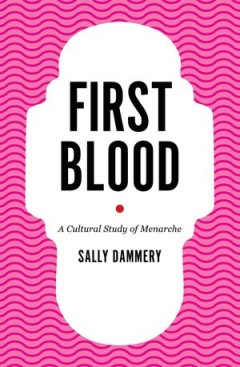
First Blood: A Cultural Study of Menarche
What woman forgets discovering her first period? First Blood examines the ways in which women from various countries – India, Sri Lanka, England, the Philippines, Greece, Italy, Uganda, Indonesia, Fiji, Chile, Ukraine, Korea, Singapore and Hong Kong – recall this moment of menarche and what it meant to them, their families, and their societies. What is the mystique of womenâ€�…
- Edition
- -
- ISBN/ISSN
- 9781925377040
- Collation
- -
- Series Title
- -
- Call Number
- 300
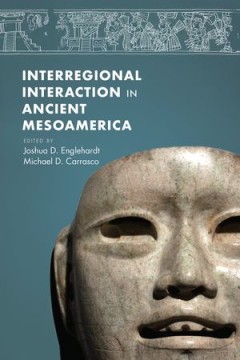
Interregional Interaction in Ancient Mesoamerica
Archaeologists have long recognized the crucial role of interregional interaction in the development and cultural dynamics of ancient societies, particularly in terms of the evolution of sociocultural complexity and economic systems. New Perspectives on Interregional Interaction in Ancient Mesoamerica builds on and amplifies this earlier research to examine such sociocultural phenomena as movem…
- Edition
- -
- ISBN/ISSN
- 9781607328353
- Collation
- -
- Series Title
- -
- Call Number
- 300
 Computer Science, Information & General Works
Computer Science, Information & General Works  Philosophy & Psychology
Philosophy & Psychology  Religion
Religion  Social Sciences
Social Sciences  Language
Language  Pure Science
Pure Science  Applied Sciences
Applied Sciences  Art & Recreation
Art & Recreation  Literature
Literature  History & Geography
History & Geography